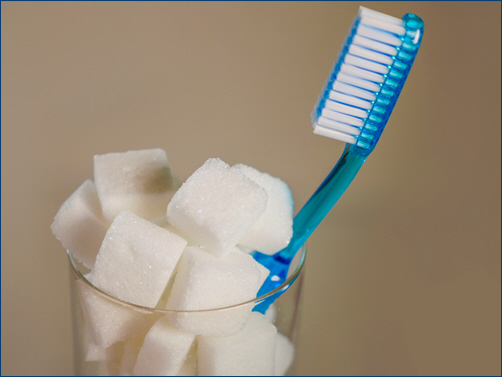How Diabetes Affects Your Oral Health: Managing Risks and Symptoms
Diabetes is a chronic condition that significantly impacts overall health, including oral health. High blood sugar levels associated with diabetes can lead to a variety of oral health issues, making it crucial for individuals with diabetes to be vigilant about their dental care. Here’s how diabetes affects oral health and some strategies for managing risks and symptoms.
Impact of Diabetes on Oral Health
- Increased Risk of Gum Disease: Diabetes can increase the risk of gum disease, also known as periodontal disease. High blood sugar levels can impair the body’s ability to fight infections, making the gums more susceptible to inflammation and infection. Gingivitis, the earliest stage of gum disease, can progress to periodontitis if left untreated, leading to gum recession, bone loss, and even tooth loss.
- Dry Mouth (Xerostomia): People with diabetes often experience dry mouth, a condition where the salivary glands produce insufficient saliva. Dry mouth can lead to difficulties in speaking and swallowing, increase the risk of cavities, and contribute to bad breath. The reduced saliva flow also hampers the mouth’s ability to wash away food particles and bacteria.
- Increased Risk of Oral Infections: Diabetes can compromise the immune system, making individuals more prone to oral infections, including fungal infections like candidiasis (oral thrush). These infections can cause discomfort and affect the overall health of the mouth.
- Slow Wound Healing: High blood sugar levels can impair the body’s healing processes, leading to slower recovery from oral wounds, such as those caused by dental procedures or injuries. This can increase the risk of complications and infections.
 Managing Oral Health Risks with Diabetes
Managing Oral Health Risks with Diabetes
- Maintain Good Oral Hygiene: Brush your teeth at least twice a day with fluoride toothpaste and floss daily to remove plaque and prevent gum disease. Use an antimicrobial mouthwash to help reduce bacteria and maintain oral health.
- Monitor Blood Sugar Levels: Keep your blood sugar levels under control by following your diabetes management plan. Consistent monitoring and proper management of blood sugar can help reduce the risk of oral health complications.
- Regular Dental Check-Ups: Schedule regular dental visits every six months for professional cleanings and examinations. Inform your dentist about your diabetes so they can tailor your care and monitor any oral health changes.
- Stay Hydrated: Drink plenty of water to help alleviate dry mouth and stimulate saliva production. Chewing sugar-free gum or using saliva substitutes can also help manage dry mouth.
- Healthy Diet: Follow a balanced diet rich in fruits, vegetables, and whole grains. Avoid sugary snacks and drinks that can exacerbate oral health issues and negatively impact blood sugar levels.
Managing diabetes effectively is important for maintaining good oral health and preventing complications. By practicing excellent oral hygiene, monitoring blood sugar levels, and seeking regular dental care, individuals with diabetes can minimize the impact of their condition on their oral health and enjoy a healthier, more comfortable smile. Always consult with both your healthcare provider and dentist to develop a comprehensive plan for managing your oral health in the context of diabetes.



